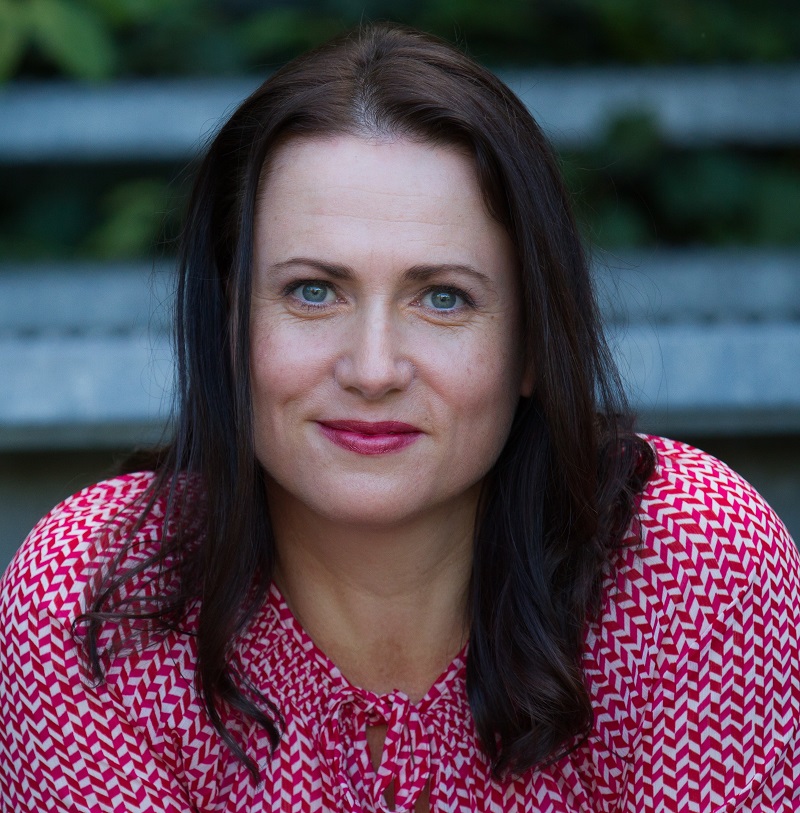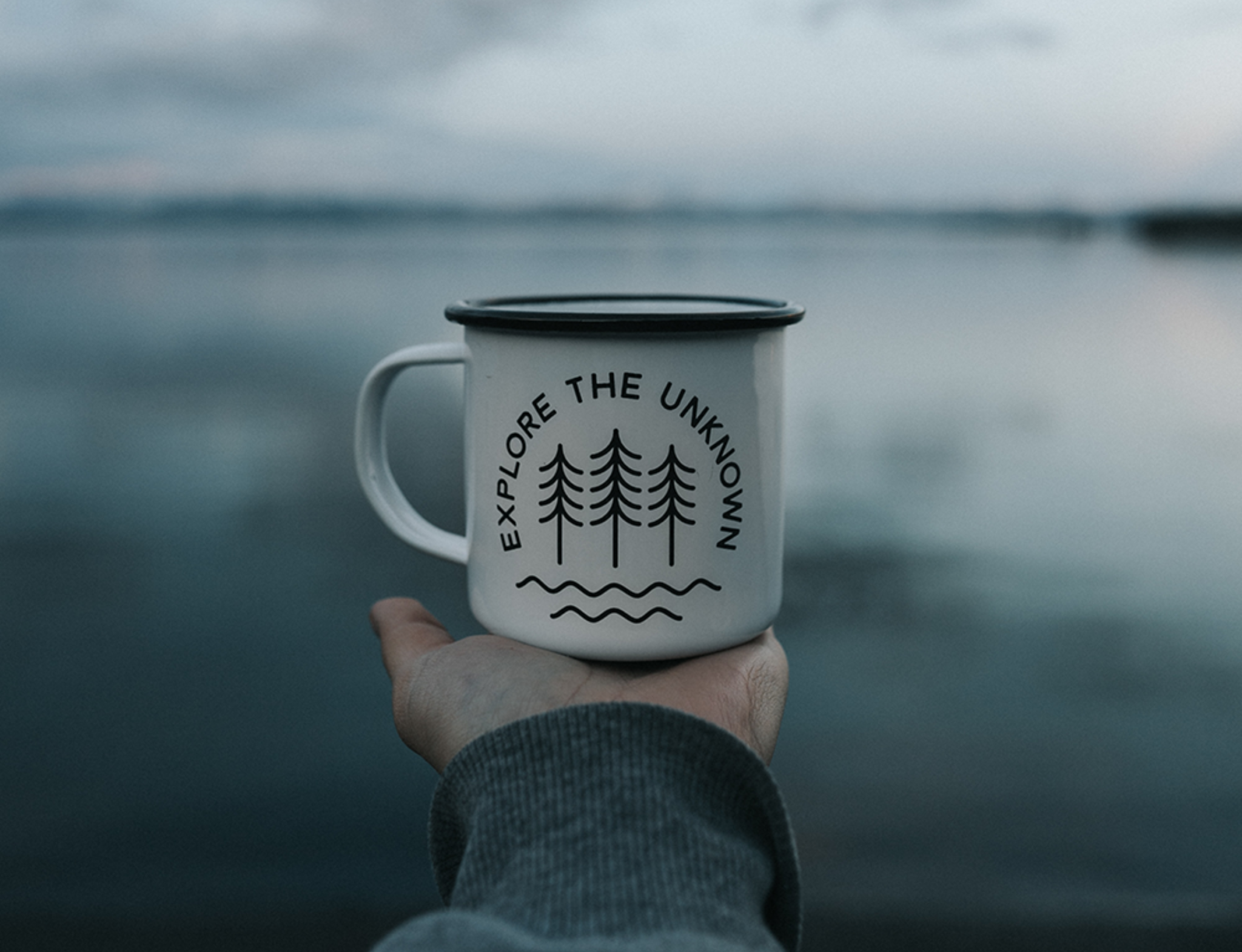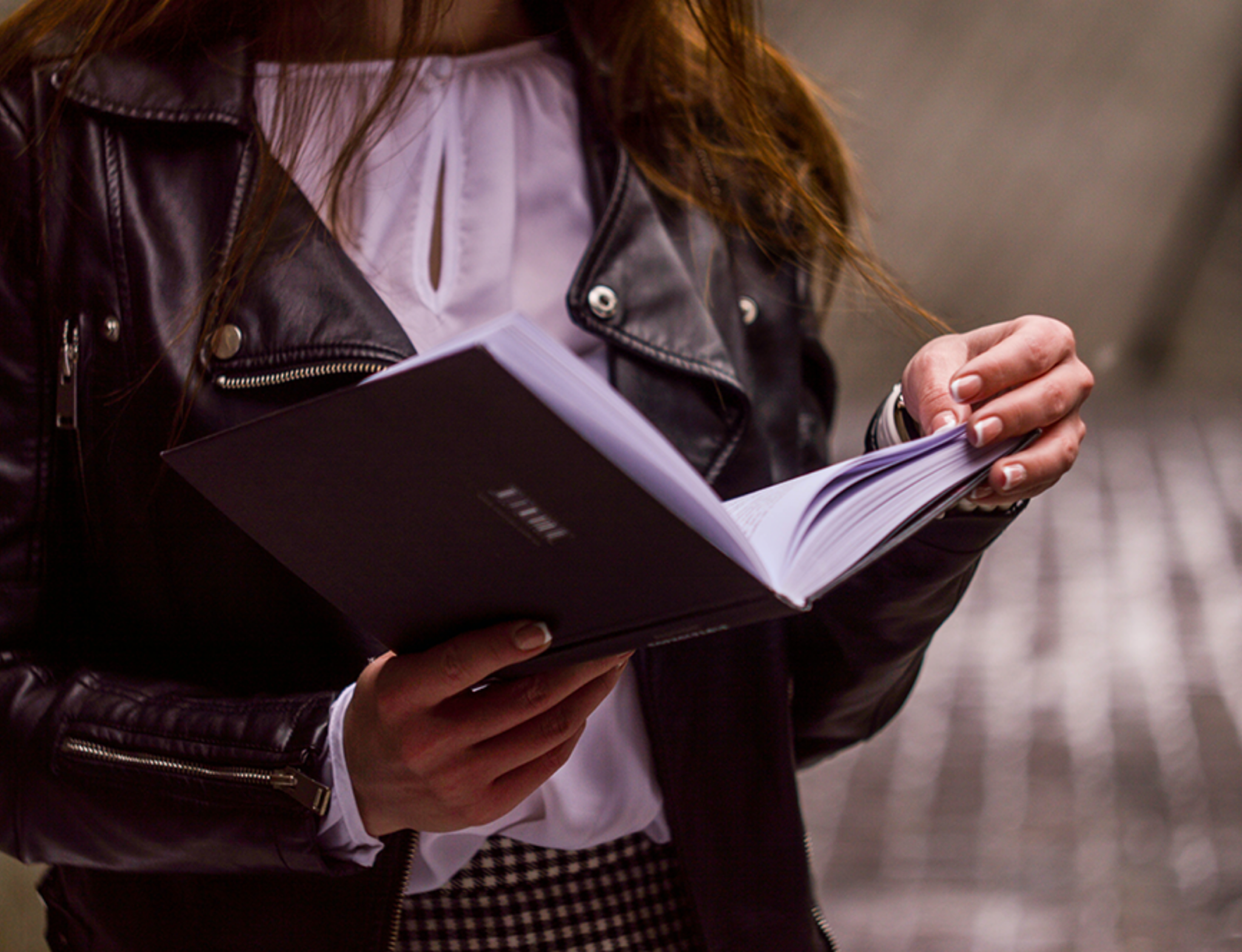South African author Bianca Marais isn’t afraid to confront racism—the visible, in-your-face kind that we all recognize and the deeper, institutionalized, systemic kind. The author of Hum If You Don’t Know The Words has spent her life questioning and grappling with conflicting emotions about privilege, growing up as a white girl under the Apartheid regime in South Africa, and the oppression towards Black people that she was witness to. Her story is one of an early awakening to systemic abuse and prejudice and challenging it—even when it was unpopular, even when she benefited from it.
Bianca was born in 1976, the same year as the Soweto Uprising, a historical event that is the inciting incident in Hum If You Don’t Know The Words. She spoke to women in our town on a sunny afternoon in Toronto, far from the South Africa of her youth but not from the lessons it taught her. She describes the deep-rooted racism and institutionalized brainwashing under apartheid—“From the moment you were born, everything was set up to make you believe that you were the supreme, exalted race. A young child had more rights and powers than a fifty year-old Black man or woman.” This was a time when a young, white South African child’s primary connection to a Black person was because they worked for them.
Bianca’s journey with becoming aware of the deep injustices entrenched in the South Africa of her youth began with her maid, Eunice. “Eunice was in my life from the day I was born, feeding me, looking after me, picking up after me. She was always there and as a child I took her presence in my life for granted,” she says, referring to the years Eunice spent with Bianca’s family raising her and her older brother. “I thought of her as a mother who was an extension of my family. I never thought of the children she had to leave behind in her Bantu homeland in the Transkei. It was only as I got older and started to question things, did I realize the extreme sacrifices she had made to leave her home, move into the home of her oppressors and raise their children—which she did with such grace and love.”

I ask Bianca at what stage she started to question apartheid and the injustice of what was happening.
She describes watching Eunice, whom she loves dearly, be mistreated by the police—be jostled around when being asked to show her passbook in the streets, or be physically assaulted because a neighbor had called the cops mistakenly believing that she was abusing the children. It is what prompted Bianca, as an eight-year old to take her first step of many to challenge her environment.
“I wrote a speech when I was eight-years old for a class exercise titled, Why We Should Treat Black People Better, for which not only was I asked to sit down by my teacher and not finish, but I was also given a failing grade. From that moment on, I was constantly questioning things.”
When she was 15, the first cohort of Black children were allowed to attend Bianca’s all-white school. She explains how eye-opening that was because it was the first time she and her classmates were surrounded by Black people that were equal to them and not working for them. As a teenager, she started to read the works of African American authors like Terry McMillan’s Waiting To Exhale. Exploring beyond the borders and reach of apartheid was something that broadened her world view to the lives and experiences of Black people outside South Africa.
Our conversation turns to the last few weeks and what has been happening in the United States following the horrific murder of George Floyd and continued protests around police brutality. As America and the rest of the world face a reckoning, I ask her about her views on the idea of coming to terms with one’s own participation in propping up abusive systems. She draws on her own experience some years ago, working in Soweto, a predominantly black township, south-west of the city of Johannesburg. “I thought I was a good person, and I wasn’t racist because I was volunteering in Soweto and helping Black people, but it took many years of soul-searching for me to realize that I was part of the“white savior problem.” She explains further, “I saw myself as someone swooping in, telling Black people how to live their lives, how to be in a world where they had been segregated for generations and that was a huge part of the problem.” What Bianca is describing is a smaller scale of the modern world we live in, where white American and European culture in business, the arts, entertainment, beauty and just about everything are the blueprints for society. Countries all over the world have adopted these blueprints and shoe-horned them into their communities whether it makes cultural sense or not.
I ask her what she thinks we can do, as individuals who want to help and be better.
“The best thing that we can do is sit back, reflect quietly and work on ourselves. Posting on social media is great for awareness, but it stops you from doing the work, and the work never stops because you are always checking in with yourself, challenging yourself and catching yourself for having a racist thought or belief,” she says. But she also believes that racism is on a spectrum. The majority of us are not white supremacists, but like with apartheid, when racism is institutionalized it doesn’t spare anyone.
It’s like being on a ship, where the walls are racist—if ships were sentient entities and walls could have thoughts and beliefs. The point is there is no escaping it. We have been born into a culture with deep roots in racism that were planted hundreds of years ago, and that is not our fault. But choosing to close our eyes and ignore it is.
The conversation comes back to Eunice who inspired one of the two central characters in Hum If You Don’t Know The Words, Beauty—a Black Xhosa woman hired to care for a young, white girl who has lost her parents in the Soweto Uprising. The story is as much a coming of age historical fiction as a meditation on motherhood and the power of maternal love to overcome even the deepest prejudices. Eunice’s role in Bianca’s own story cannot be downplayed, for it is through Eunice that Bianca saw the injustices of apartheid at a young age. At the end of Hum If You Don’t Know The Words, Bianca describes her life in her own words and there is a part that sticks out. “All the while as I grew up, I thought the tragedy of apartheid was the many inhumane ways in which it prevented Eunice and me from sharing in each other’s lives, when in fact the real tragedy is that I was in Eunice’s life at all. In a fair world, Eunice would have been able to raise her own children instead of having to lavish all of her maternal affection on someone else’s—let alone the children of the oppressor.”

My conversation with Bianca reminds me of a quote by American writer Upton Sinclair—“It is difficult to get a man to understand something, when his salary depends on not understanding it.” It is difficult to be enlightened when it’s easier to close your eyes to injustice, especially if that injustice has inherent benefits. Bianca’s story is one of someone who has chosen to take the journey to open their eyes to understand deeply entrenched racism and to correct it. It is illustrative of the painful and uncomfortable work we need to do as individuals within ourselves and on a societal level to rid it of these beliefs—even when it is unpopular to do so. Even when it serves us not to.






